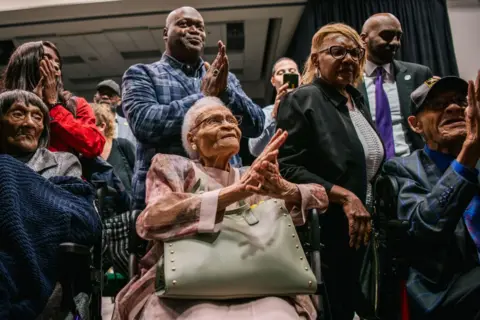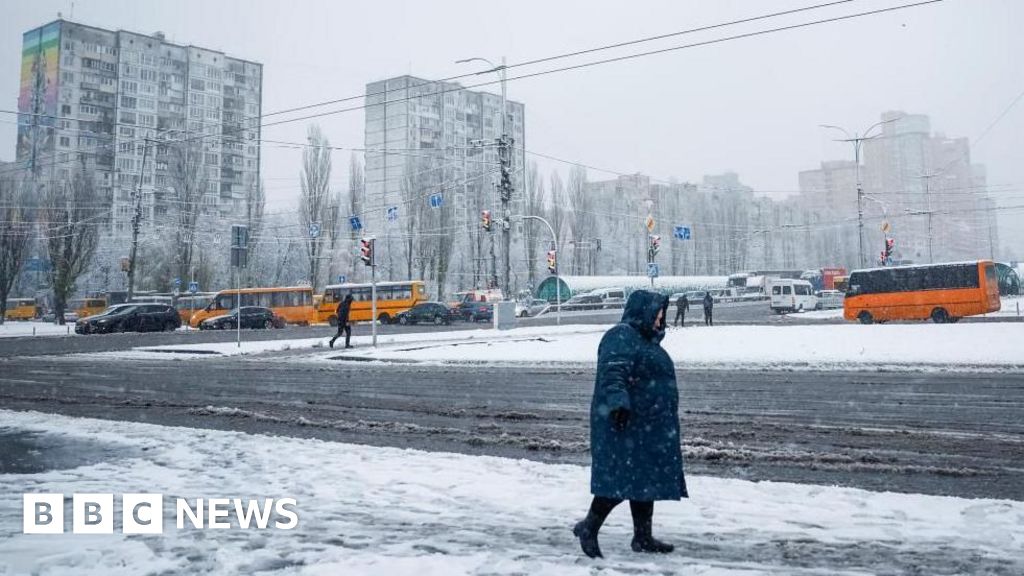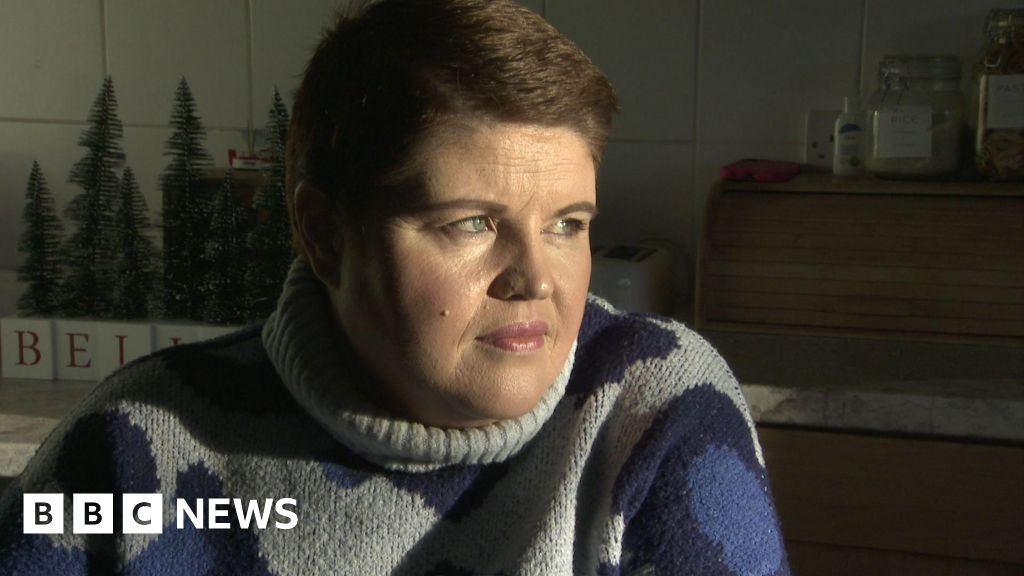ARTICLE AD BOX
12 minutes ago
By Sam Cabral, BBC News, Washington

 Getty Images
Getty Images
Only two known survivors of the Tulsa Race Massacre remain - Lessie Benningfield Randle, 109 (left) and Viola Fletcher, 110 (centre); a third, Hughes Van Ellis (right), died last year at 102.
Survivors of one of the biggest race massacres in US history have lost their historic legal bid for reparations over the attack.
The Oklahoma Supreme Court dismissed the suit, filed in 2020 by a trio of survivors, on Wednesday.
An estimated 300 black Americans were killed when a white mob razed the Greenwood neighbourhood of Tulsa, Oklahoma in 1921.
Only two known survivors - Viola Fletcher, 110, and Lessie Benningfield Randle, 109 - remain. The third, Hughes Van Ellis, died last year at 102.
The plaintiffs had brought their case under Oklahoma's public nuisance law, arguing that the violence and destruction wrought on the "Black Wall Street" area more than a century ago continues to resonate today.
The Tulsa County sheriff, county commissioners and the Oklahoma Military Department were named as defendants in the suit.
In its Wednesday ruling, the state's top court sided with Tulsa officials in arguing that the plaintiffs' grievances did not entitle them to compensation.
“With respect to their public nuisance claim, though Plaintiffs' grievances are legitimate, they do not fall within the scope of our State's public nuisance statute,” the court wrote.
In doing so, the nine-judge bench affirmed a lower court judge's identical ruling last July.
The judge concluded that “simply being connected to a historical event does not provide a person with unlimited rights to seek compensation”.
Tulsa race massacre: What happened in 1921?
The city of Tulsa said in a statement that it “respects the court’s decision and affirms the significance of the work the City continues to do in the North Tulsa and Greenwood communities”.
The city added that it remains committed “to working with residents and providing resources to support” these communities.
No one has ever been held responsible for the violent events of 31 May 1921.
In addition to the 300 estimated deaths, thousands of black residents were assaulted, arrested and left homeless.
This case is likely the final opportunity for Ms Fletcher and Ms Randle to receive compensation over the Tulsa Race Massacre.
“There is no going to the United States Supreme Court. There is no going to the federal court system. This is it,” their attorney Damario Solomon-Simmons previously argued in a legal brief.
After Wednesday's ruling, the legal team representing Ms Fletcher and Ms Randle said they plan to file a petition for the Oklahoma Supreme Court to rehear the case and reconsider their decision.

 5 months ago
15
5 months ago
15








 English (US)
English (US)